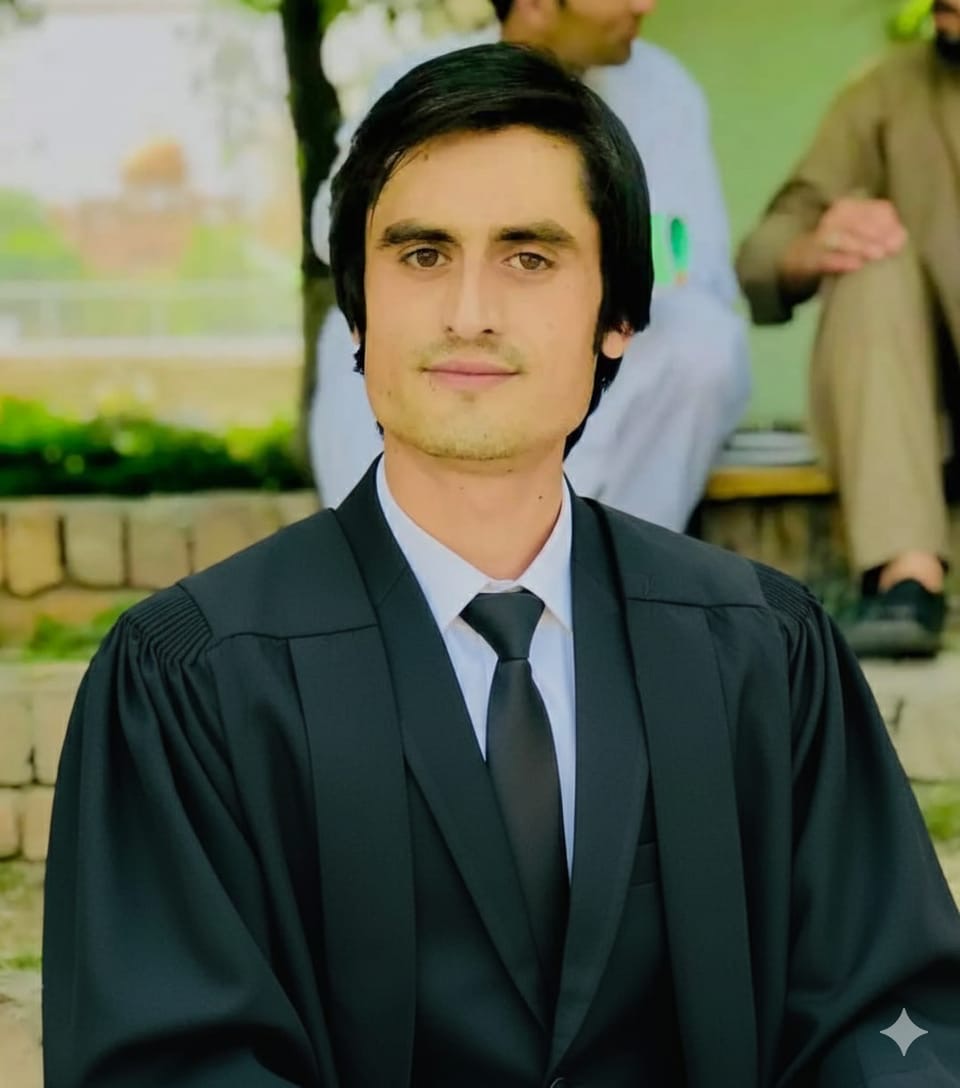Best Will & Testament Lawyers in Pakistan
Share your needs with us, get contacted by law firms.
Free. Takes 2 min.
Or refine your search by selecting a city:
List of the best lawyers in Pakistan

Bharucha & Co. (Advocates & Intellectual Property Attorneys-Pakistan)
15 minutes Free ConsultationAbout Will & Testament Law in Pakistan
In Pakistan, a Will, also known as a 'Wasiyat,' allows an individual to dictate how their assets should be distributed upon their death. The Will & Testament are governed primarily by the Succession Act of 1925 for non-Muslims and Islamic Shariah law for Muslims, which is the majority. Muslims are typically allowed to bequeath up to one-third of their estate to non-heirs, while the remainder is distributed according to Islamic inheritance laws. Understanding these legal frameworks is crucial for efficient estate planning and avoiding disputes among beneficiaries.
Why You May Need a Lawyer
Legal assistance can be invaluable in the realm of Will & Testament for several reasons. If your estate involves complex assets or business interests, a lawyer can help structure these efficiently in your Will. Additionally, if there are family dynamics that might lead to disputes, legal guidance can help mitigate potential conflicts. Individuals who have foreign assets or need to comply with different jurisdictions also benefit from specialized legal knowledge. Furthermore, if the Will is contested, having a lawyer can ensure that your interests are adequately represented in court proceedings.
Local Laws Overview
Several local laws govern the creation and execution of a Will in Pakistan. For Muslims, the Islamic Shariah law usually applies, dictating specific shares for specific relatives. Non-Muslims are governed by the Succession Act of 1925, which provides more flexibility in the distribution of assets. A Will must be in writing, signed by the testator, and witnessed by two competent witnesses to be valid. It's important to note that a Will can be legally challenged, requiring clear and sound legal documentation to withstand such disputes.
Frequently Asked Questions
What is the legal requirement for a Will to be valid in Pakistan?
The Will must be written, signed by the testator, and verified by two witnesses.
Can a Will be changed after it is made?
Yes, a Will can be modified or revoked by the testator at any time before their death.
Are verbal Wills valid in Pakistan?
Verbal Wills, generally referred to as oral Wills, are recognized under Islamic law for Muslims but have specific requirements and limitations.
What assets cannot be included in a Will?
For Muslims, the Quranic shares must be observed, and, generally, a person cannot Will more than one-third of their estate to non-heirs without the consent of the heirs.
How does one contest a Will in Pakistan?
A Will can be contested by filing a case in the civil court on grounds such as coercion, fraud, undue influence, or lack of capacity at the time the Will was made.
Does marriage affect the validity of a Will?
In Pakistan, getting married can sometimes revoke a Will, but legal advice should be sought for specific cases.
Can a person exclude a spouse or child from their Will?
Excluding a spouse or child may not be entirely possible without the potential for legal challenge, particularly under Islamic law.
What happens if someone dies without a Will?
The estate is distributed according to the laws of intestacy applicable in Pakistan, which means pre-determined shares for relatives as per succession laws.
Is a Will made in another country valid in Pakistan?
This can be complex and depends on compliance with Pakistani legal standards, so legal advice would be necessary.
How can I ensure my Will is legally enforceable?
It is advisable to have your Will drafted or reviewed by a professional lawyer to ensure compliance with legal requirements and avoid any ambiguities.
Additional Resources
The following resources can assist individuals seeking more information on Will & Testament in Pakistan:
- The Law & Justice Commission of Pakistan
- Provincial Bar Councils
- District Courts where one can file for probate or letters of administration
- Local legal aid organizations that provide pro bono legal services
Next Steps
If you need legal assistance in the preparation or execution of a Will in Pakistan, it is best to consult with a licensed attorney specializing in estate planning and inheritance laws. Begin by researching qualified lawyers, possibly through bar associations or personal referrals. Once you have secured legal assistance, gather all necessary documentation related to your assets and discuss your wishes and potential concerns. Clear and precise communication with your lawyer will help ensure that your Will is comprehensive and robust enough to stand up to any legal scrutiny.
Lawzana helps you find the best lawyers and law firms in Pakistan through a curated and pre-screened list of qualified legal professionals. Our platform offers rankings and detailed profiles of attorneys and law firms, allowing you to compare based on practice areas, including Will & Testament, experience, and client feedback.
Each profile includes a description of the firm's areas of practice, client reviews, team members and partners, year of establishment, spoken languages, office locations, contact information, social media presence, and any published articles or resources. Most firms on our platform speak English and are experienced in both local and international legal matters.
Get a quote from top-rated law firms in Pakistan — quickly, securely, and without unnecessary hassle.
Disclaimer:
The information provided on this page is for general informational purposes only and does not constitute legal advice. While we strive to ensure the accuracy and relevance of the content, legal information may change over time, and interpretations of the law can vary. You should always consult with a qualified legal professional for advice specific to your situation.
We disclaim all liability for actions taken or not taken based on the content of this page. If you believe any information is incorrect or outdated, please contact us, and we will review and update it where appropriate.
Browse will & testament law firms by city in Pakistan
Refine your search by selecting a city.
















